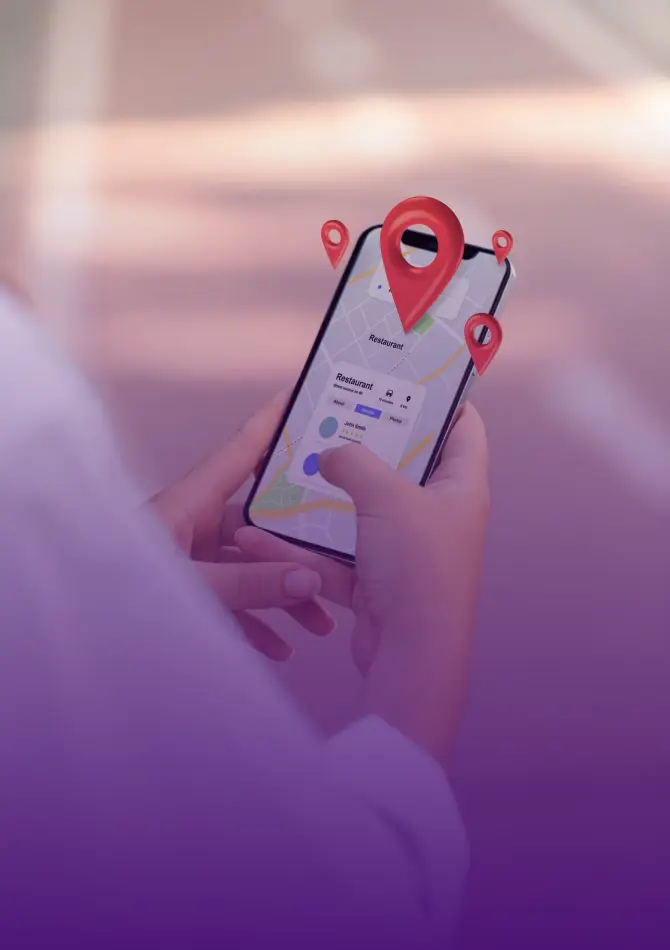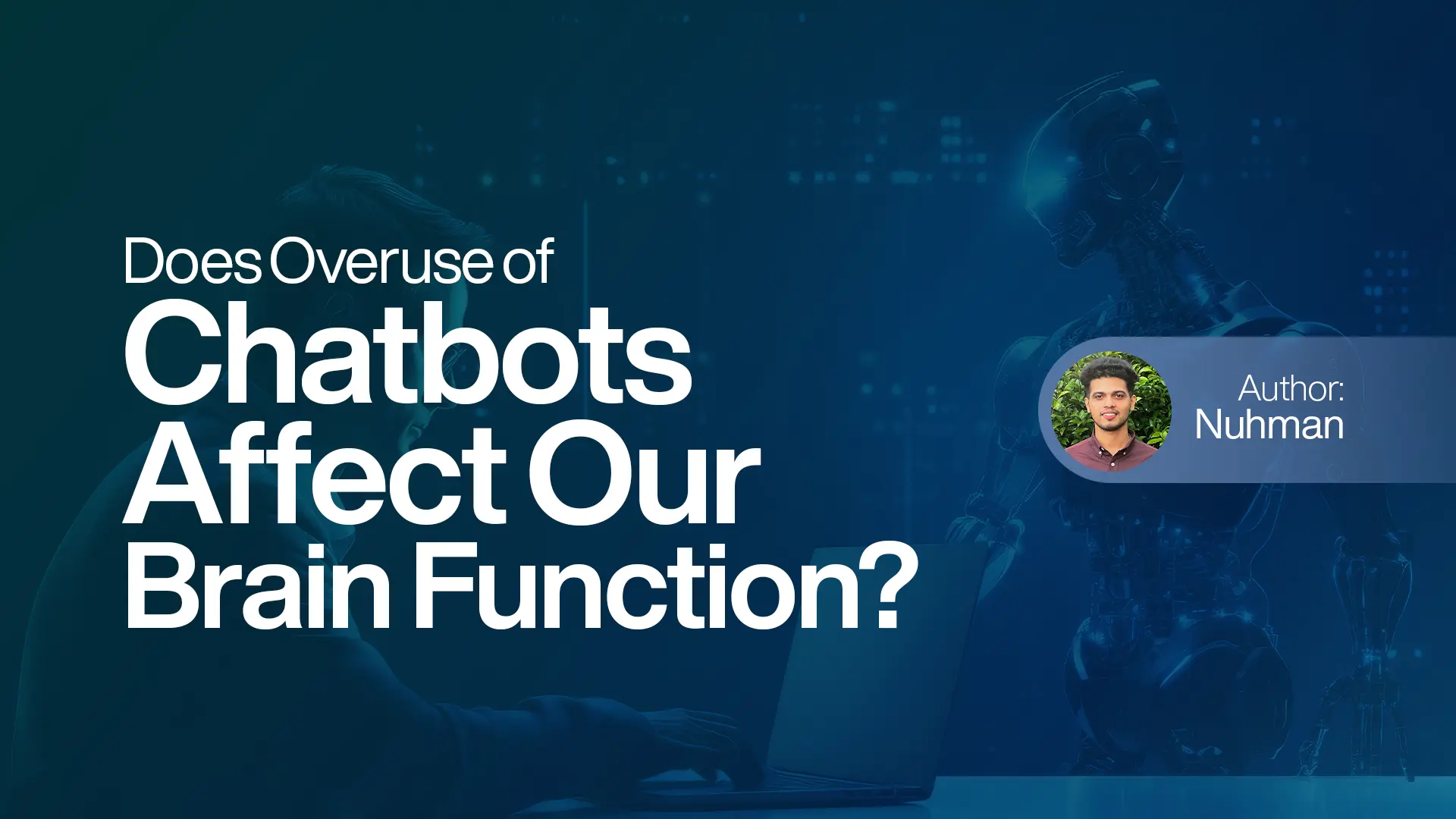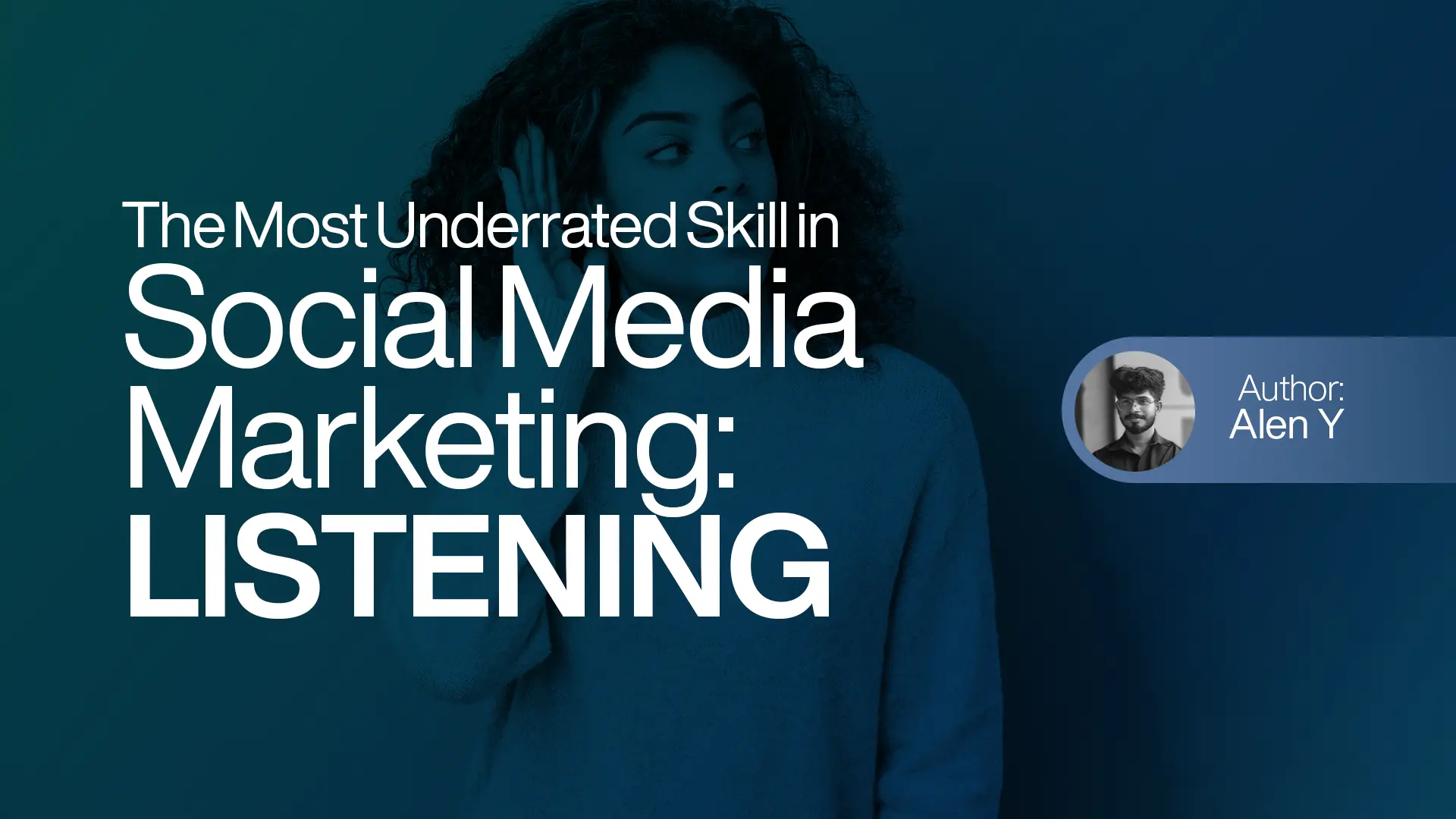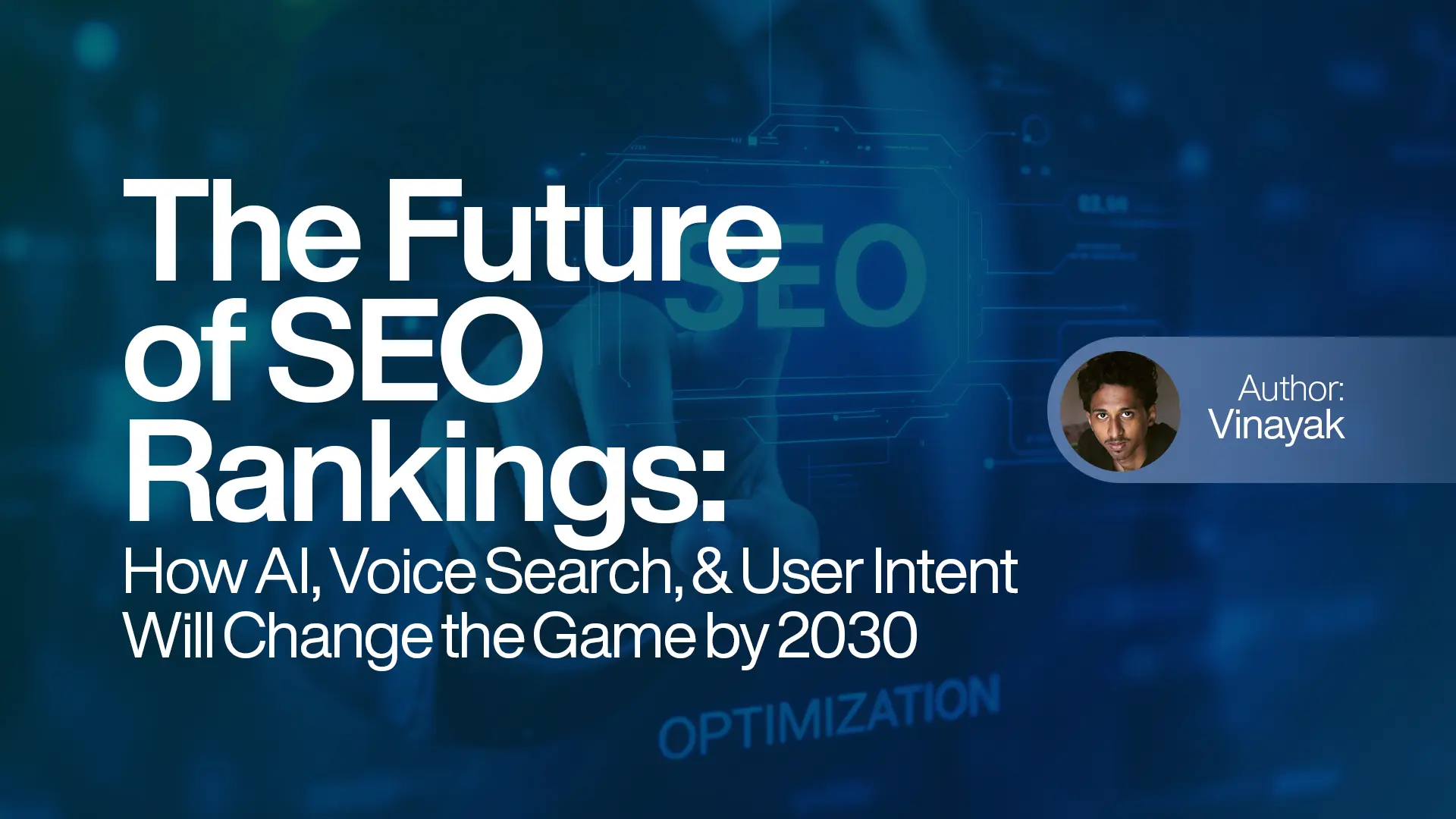As artificial intelligence (AI) evolves, chatbots like ChatGPT have become essential for millions. Writers compose emails, students write essays, people ask questions, and many programs provide code for business and programming activity - chatbots promise to help us do work more efficiently. Will this convenience come at the cost of changes to brain function?
This may sound a bit extreme, but in a new MIT Media Lab study, a contentious debate has begun that may explore whether our brains process information differently when we use chatbots too often. The research was designed to investigate how dependence on AI tools might affect our thinking, memory, and decision-making skills. Do we risk stiffening our cognitive performance as a direct result of overusing a chatbot? Let's see the evidence.
Study from MIT Looks at Impact of ChatGPT on Brain
In June 2025, in the Massachusetts Institute of Technology Media Lab, A group of scientists led by Dr. Nataliya Kosmyna published a study titled, Your Brain on ChatGPT: Accumulation of Cognitive Debt when Using an AI Assistant for an Essay Writing Task. that was of huge interest to the tech and education fields. The preprint paper examined the impact of using AI tools such as ChatGPT on human mental performance and cognition.
The study used 54 participants aged 18-39, selected from several universities, who were divided into three groups to do an essay writing task.
ChatGPT Group:
The study was trying to ascertain the cognitive impacts and potential downsides of what the authors described as cognitive debt when using artificial intelligence as a source of support when writing academically.
Search Engine Group:
Participants composed essays utilizing conventional web search tools such as Google.
Brain Only Group:
In a study conducted by MIT during a four-month period, study participants were assigned to different groups to examine how AI use would affect the brain's function while writing an essay. One group was called the "Brain-Only Group" and wrote their essays with no help.
Each participant wrote a total of three essays, with prompts similar to SAT prompts such as Should we think before we speak ? They wore EEG (electroencephalogram) headsets that would record their brain's activity in real-time. In the last lab session, a twist was applied the group who had used ChatGPT previously would now write an essay without it, while the Brain Only group would use ChatGPT for the first time. The difference in cognitive engagement and brain signals of the two different writing scenarios was shocking and disturbing.
Key Results
1) Reduced Brain Activity:
The Chat GPT group exhibited minimal brain activity throughout all sessions and displayed notably low engagement in the alpha, theta, and delta frequency bands.
The brain only group exhibited the strongest brain connectivity, particularly in regions associated with semantic processing, memory load, and creative thought. The search engine team exhibited brain engagement levels that fell between those of Chat GPT and brain only. This indicates that employing online searches in SSRP offers greater cognitive flexibility than relying on AI answers.
2) Deficiencies in memory and ownership:
The Chat GPT group faced difficulty accessing their essays; 83% were unable to cite even one accurate sentence from their work. In this context, merely around 10% of participants from the brain only and search engine groups experienced recall issues as severe as those in the Chat GPT group.
When the Chat GPT team was tasked with rewriting an essay in the fourth session without AI assistance, they demonstrated impaired memory and reduced engagement in previously activated areas of the brain, hinting at a potential "cognitive debt" linked to their dependence on AI.
3) Quality of Essays vs. Depth of Thinking:
Although essays supported by ChatGPT received better scores in grammar and structure, English teachers characterized them as "soulless" missing individuality and personal touches. They frequently reiterated common phrases and themes.
Essays generated solely by the brain lacked the polish of ChatGPT alternatives; nevertheless, they featured a rich vocabulary and demonstrated thoughtful insights while reflecting strong ownership, showcasing more profound cognitive involvement.
4) Lingering Effects:
Users of ChatGPT exhibited increased brain connectivity on switching back to writing without AI. However, this remained below that of the chat-free control group. In contrast, the brain-only group saw a wave of neural activity during their first encounter with ChatGPT: this was presumably because the tool was still new. It indicates that the timing of introducing AI to a child might influence his cognitive development; a sustained early reliance on it to perform different tasks could potentially interfere with the development of their cognitive skills, whilst sporadic usage could have the opposite effect, possibly heightening engagement.
While unreviewed, this study raises some serious questions as to the effects chatbots have on our cognitive processes and whether there would be a long-lasting impairment associated with using these tools at a very young age. Kosmyna went on to say that as preliminary as this study was, it is of significant importance, especially for younger and developing users. In 6-8 months, she stated, there will probably be a policymaker, who jumps in and says, let's have GPT kindergarten, alluding to the educational hazards this could pose.
Minimizing the Cognitive Risks
To reduce the risk of cognitive error often associated with chatbot over reliance, consider the following tactics:
Encouraging Critical Thinking: Educators can create tasks that require students to critically evaluate AI-generated content, check multiple sources and offer their perspective.
Preventing Over reliance: Make some clear rules regarding chatbots, such as allowing students to use chatbots to create their first drafts, but then make sure the final work clearly shows their own thought.
Encouraging Active Learning: Engage students in tasks that enhance their memory and reasoning skills, such as summarizing the content of a piece of writing without chatbots, or holding a debate.
Encouraging awareness: Educate users about cognitive offloading and the need to be in the habit of utilizing their cognitive capacity, especially for younger generations.
A quick note about an action point for policy advocates and technology developers as well. Having frameworks that guide educators on ethical AI usage in education, especially around data privacy and transparency will help with risk management, but it will also be important to invest in research that investigates the cognitive drawbacks of using AI tools, especially as they become ubiquitous in our daily lives.
Next Steps
Although the MIT study was exploratory in nature, the implications of it point to cognitive trade offs related to humans' reliance on chatbots. The study does not intend to depict AI as an evil force. Instead, we intend to advocate for the utilization for individuals and actors as contexts allow. As a rough analogy, one could consider the example of calculators in math courses. Calculators pushed the goal for complex problem solving. Calculators are useful only when individual actors do not let the calculators (AI) do the thinking for them.
As AI is advancing, we also need to evolve our pedagogies. We should think of AI as a partner in learning that can lead to improve skills, not take them away. We can see if we shape our sense of AI's common sense and our representation, we can utilize AI as a new tool without losing our ability to think, create, and remember. So, the question is not if chatbots are changing the way we think, because they are, it is time to ask if we can ensure that the changes are empowering not intimidating or subtracting from our skills.
So are we in danger by relying too much on chatbots for our thinking? Only if we let chatbots do the thinking for us. Instead we will set up AI as a new tool to partner with us for success, while we sharpen our own brain work and intellect as we progress into the future together.
Author Info
Nuhman S, a Digital Marketing Specialist in Kasaragod.
Learner of CDA Digital Marketing Academy in Kochi, Kerala.





